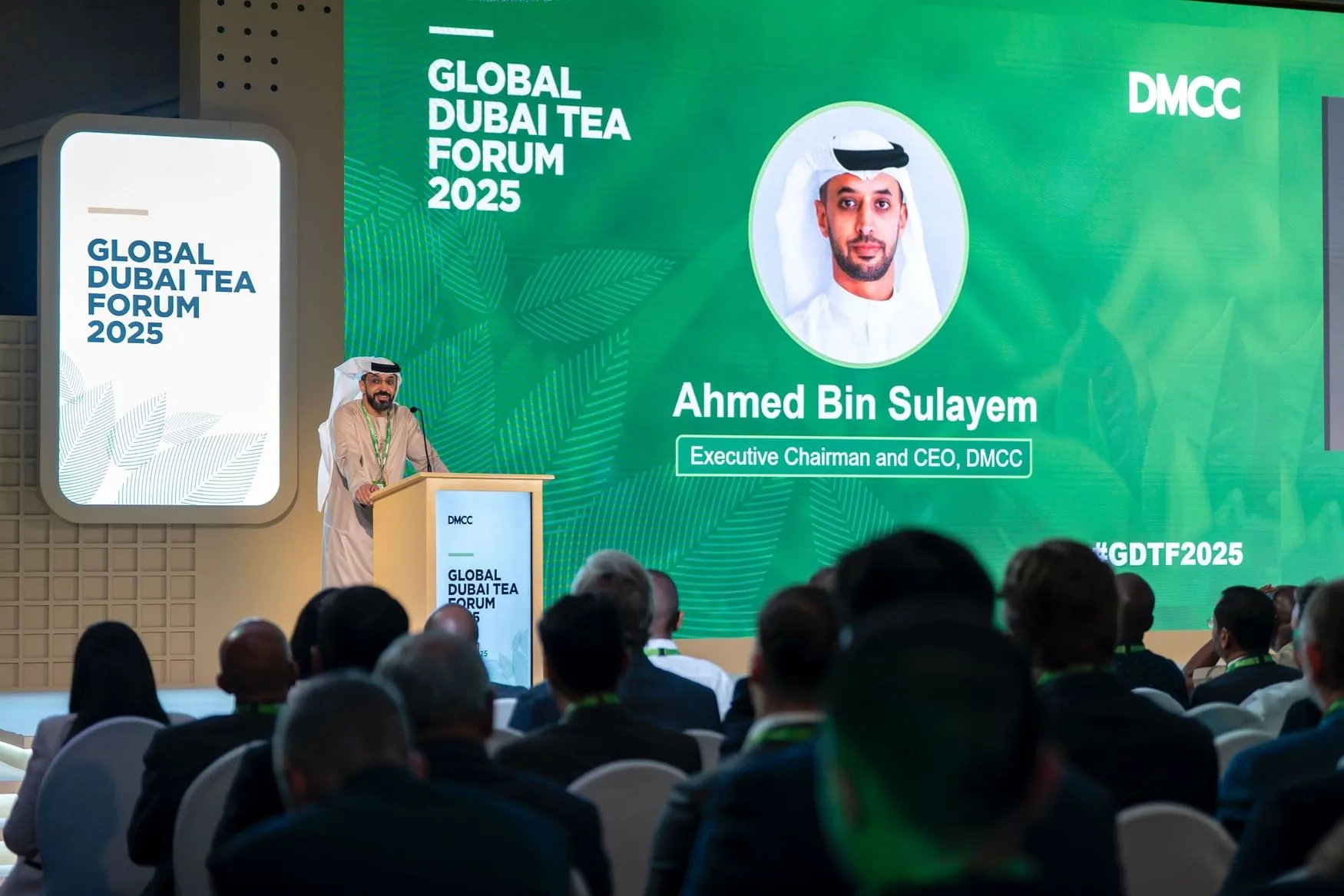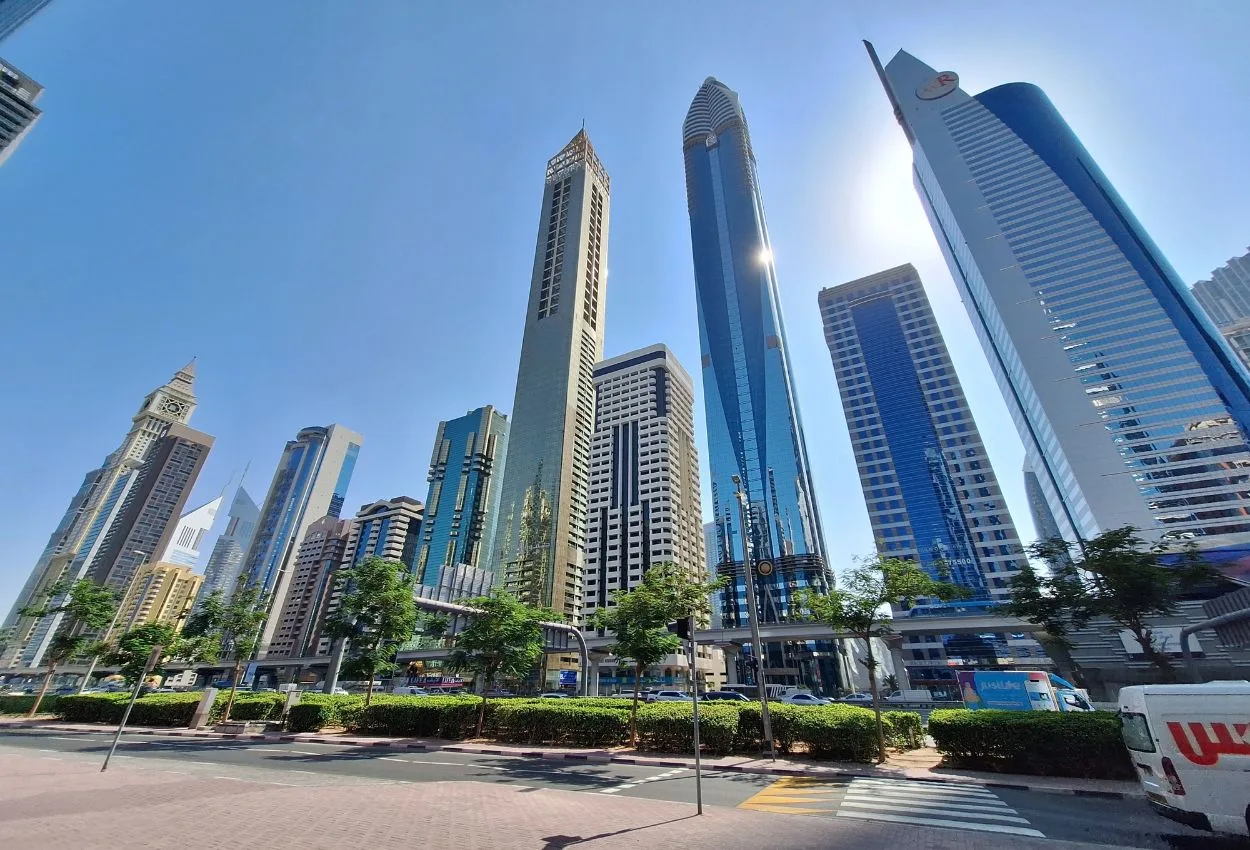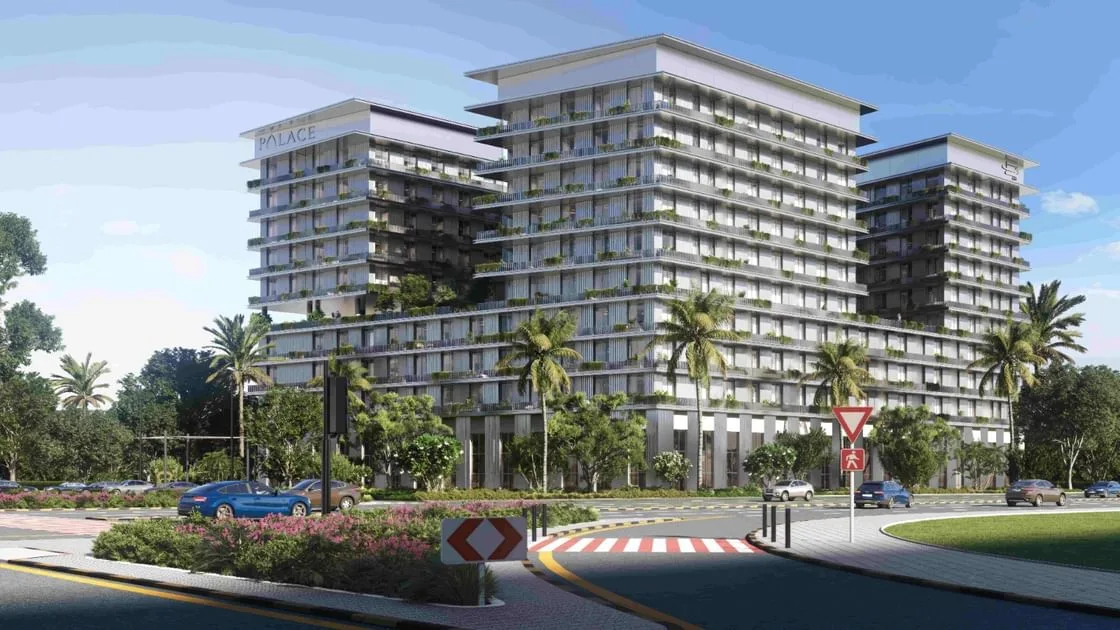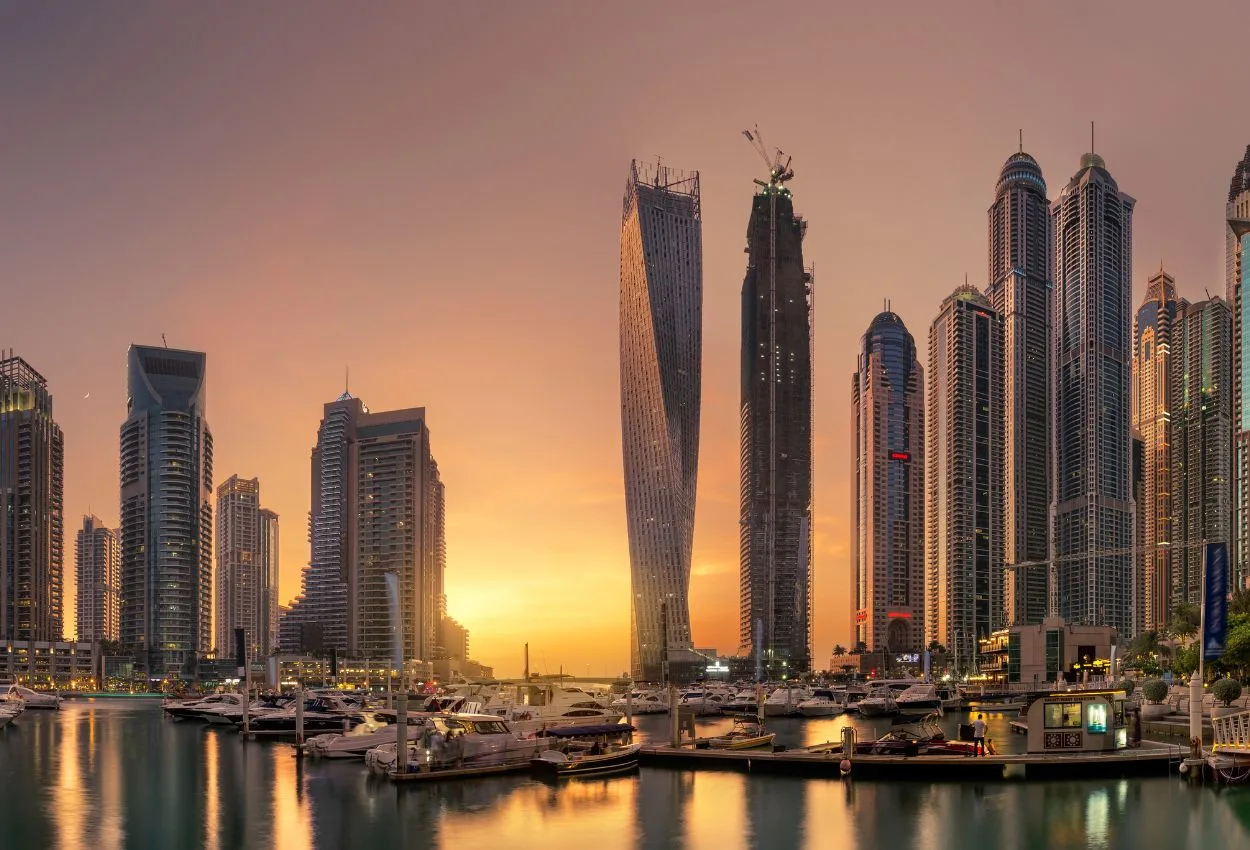The global tea market is forecast to reach $300 billion by the end of 2025, up from $282 billion, according to projections released by DMCC at the ninth Global Dubai Tea Forum.
The growth is driven by climate-smart production methods, traceable supply chains and demand for premium, organic, functional and ready-to-drink tea categories, which generate higher margins than traditional products.
DMCC unveiled its latest Future of Trade: Tea special edition report at the forum, documenting the evolution of a sector that generates $18 billion in production value and $9.8 billion in global trade annually, supporting millions of smallholders worldwide.
Dubai emerges as tea value chain hub
The UAE now accounts for more than half of the world’s tea re-exports and has expanded beyond logistics to offer blending, packaging, flavour profiling, storage, tax efficiency and financial services through platforms including the DMCC Tea Centre.
“Global tea consumption is nearing $300 billion annually, driven by premium, organic and ready to drink formats, and the UAE sits at the centre of this shift,” Ahmed Bin Sulayem, Executive Chairman and Chief Executive Officer, DMCC said in a statement.
“Since we launched the DMCC Tea Centre 20 years ago, Dubai has moved from logistics gateway to global hub for value creation. The real margin sits in value add, including blending, branding and verifiable provenance, so traceability and climate resilience are now commercial necessities. This year’s Global Dubai Tea Forum set a clear direction for the industry: build a tea economy that is climate smart, digitally traceable and commercially investable. We will continue convening the industry and scaling the platforms that turn those principles into competitive advantage,” Bin Sulayem added.
Trade policy and infrastructure support growth
“Dubai’s position as one of the world’s major tea re-export hubs reflects the UAE’s wider success in building a trade ecosystem defined by certainty, innovation and openness. Tea has been a driver of global commerce for centuries, and today it continues to connect producers and consumers through modern, technology-enabled value chains. By combining advanced infrastructure with efficient trade policy, the UAE has transformed tea from a traditional commodity into a catalyst for sustainable growth. This is what the UAE, Dubai and the DMCC Tea Centre offers,” Abdulaziz Al Nuaimi, Assistant Under-Secretary for Entrepreneurship and the Economic Affairs Regulatory Sector, UAE Ministry of Economy added.
The ninth Global Dubai Tea Forum was themed Tea at the Crossroads: Trade, Tariffs and Technology in an Age of Realignment and drew hundreds of stakeholders to discuss challenges and opportunities facing the industry.
Discussions centred on climate volatility, inflation and changing consumer behaviours, particularly among Generation Z, which are reshaping demand patterns, supply routes and product formats.
Delegates examined direct-to-consumer models, the impact of tariffs and regulation on margins, and the need for sustainability frameworks that protect profits and livelihoods.
Industry calls for investment in resilience and traceability
Participants called for investment in climate-resilient farming, expanded access to finance for growers, scaled digital traceability systems and new product portfolios to meet demand for functional and wellness-focused teas.
With climate risk affecting origin markets such as Kenya, the forum highlighted why traceability and resilience have become commercial imperatives for the industry.
The DMCC Tea Centre, located in Dubai, provides storage, tasting, blending, packaging and re-export facilities. In 2024, it handled more than 24,400 metric tonnes of tea, connecting producers from traditional origins with consumer markets across the Middle East, Europe and Asia.




